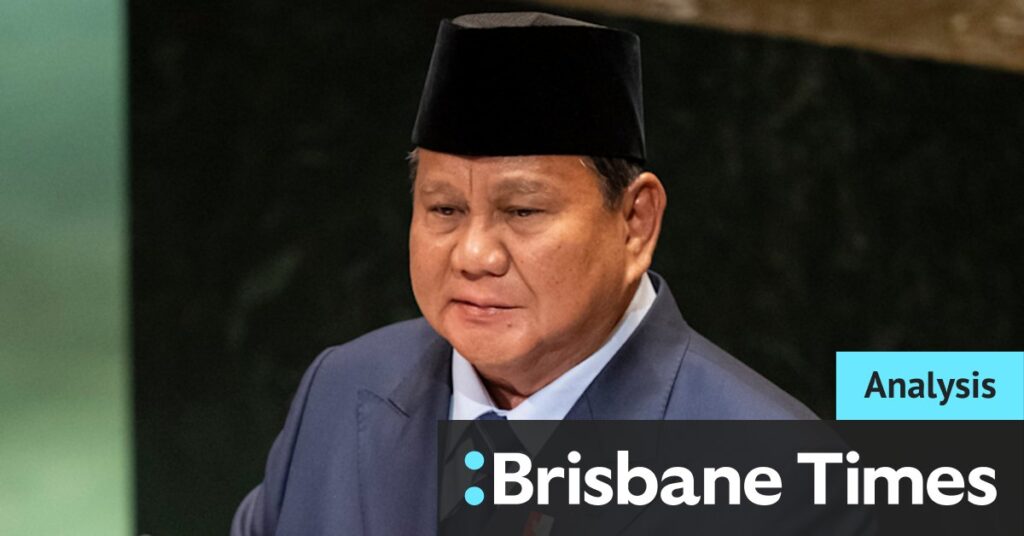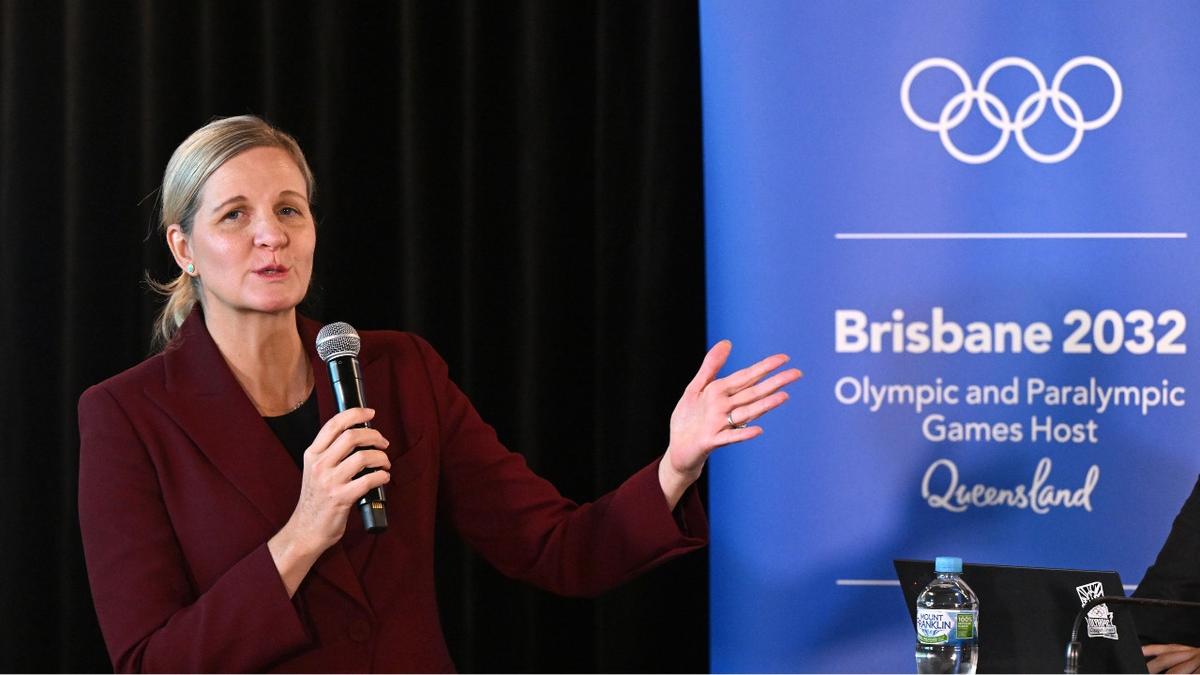
Singapore: Addressing the United Nations General Assembly in New York, Indonesian President Prabowo Subianto faced the daunting task of following a speech by U.S. President Donald Trump. Trump’s address, characterized by its length and controversial content, overshadowed Prabowo’s moment on the world stage. Despite this, Prabowo’s speech delivered significant messages about Indonesia’s role in global affairs.
Prabowo’s team had pre-hyped his address as “a defining speech on Indonesia’s global role,” marking his most significant international appearance since assuming office a year ago. However, Trump’s speech, which extended well beyond the 15-minute limit, grabbed headlines with its provocative content. Yet, Prabowo’s address, sandwiched between Brazilian President Luiz Inácio Lula da Silva and Trump, managed to capture attention.
Prabowo’s Message of Unity and Peace
In his speech, Prabowo highlighted global challenges, emphasizing the need for unity and peace. “Every day we witness suffering, genocide, and a blatant disregard for international law and human decency,” he stated. “In the face of these challenges, we must not give up. We cannot surrender our hopes or our ideals. We must draw closer, not drift further apart.”
The audience responded with rounds of applause as Prabowo offered Indonesian peacekeeping forces for Gaza and other conflict zones, proposing a deployment of at least 20,000 personnel. This proposal, previously announced by one of his ministers, underscored Indonesia’s commitment to global peace efforts.
Commitment to Middle East Peace
Prabowo also reiterated Indonesia’s support for a two-state solution in the Middle East, a stance that carries political risks in Indonesia, the world’s most populous Muslim-majority nation. He expressed willingness to recognize Israel if Palestine is granted statehood, a significant statement given Indonesia’s historical stance on the issue.
A Contrast to Trump’s Rhetoric
Prabowo’s speech served as a counterpoint to Trump’s address, which dismissed climate change as a “con.” In contrast, Prabowo acknowledged the reality of climate change, citing Indonesia’s vulnerability as the world’s largest island state. “We choose to confront climate change – not by slogans, but by measurable and immediate steps,” he declared, reaffirming Indonesia’s commitment to the 2015 Paris Agreement.
Unlike Trump’s America First rhetoric, Prabowo emphasized internationalism and multilateralism, advocating for efforts that strengthen the United Nations. His speech began with a partial recitation of the U.S. Declaration of Independence, highlighting the universal rights to life, liberty, and the pursuit of happiness.
Challenges at Home
While Prabowo’s international address was well-received, he faces significant challenges at home. Indonesia’s security forces have been criticized for human rights abuses in Papua, and the country has not signed the UN’s 1951 Convention on refugees, leaving many asylum seekers in limbo.
Domestically, Prabowo’s administration is grappling with economic issues, including cost-of-living pressures and a limited job market for the youth. His policy of free school lunches has led to food poisoning outbreaks, and recent mass protests highlight the public’s discontent with the ruling class.
Looking Forward
Prabowo’s speech at the UN highlighted Indonesia’s aspirations on the global stage, even as he navigates complex domestic issues. His commitment to international cooperation and peace contrasts with the isolationist rhetoric of other world leaders, positioning Indonesia as a potential mediator in global conflicts.
The coming months will test Prabowo’s ability to balance international ambitions with domestic challenges. As Indonesia seeks to assert its role in global affairs, the president’s leadership will be crucial in addressing both international and local concerns.







